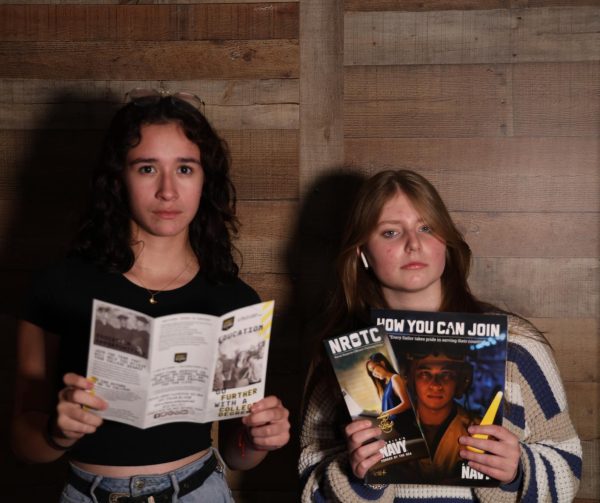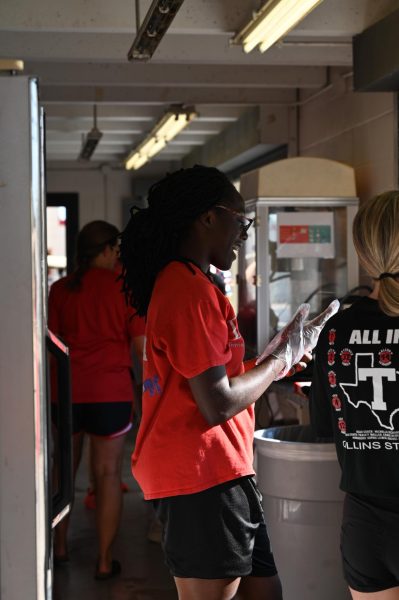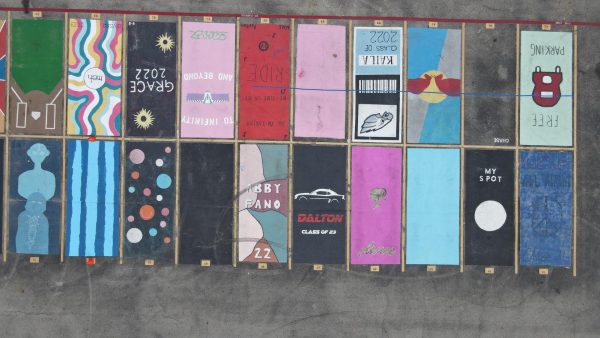Reason for Black History Month too often ignored or forgotten

February 26, 2019
In the United States, February is a month known for love, hearts and Valentines, and only passingly as a celebration of African-American history.
Information about any given fact is available at one’s will. A quick search in Google results with thousands of articles, yet, only a small handful of students hold knowledge regarding Black History that’s beyond the standard textbook entries.
There is more to the history of the African-American marginalized community; there exists additional material that must be known by the student body, our leaders of tomorrow, if as a society we are to eradicate the inequality that persists today.
By keeping the spotlight on notable leaders of the Civil Rights Movement, our classrooms limit the narrative of the black struggle today.
The African-American community has been marginalized from the start. After the Civil War, this community was given false hope, only to see the rise of Jim Crow and the Ku Klux Klan, without any governmental protection. Said one scholar, “Blacks became the only race in the US ever to start out, as an entire people, with close to zero capital. Having nothing else upon which to build or generate wealth, the majority of freedmen had little real chance of breaking the cycles of poverty created by slavery, and perpetuated by federal policy.”
The 1960’s brought the Civil Rights era, which one would assume revolutionized everything.
Although the Civil Rights Movement had its victories, two decades later the War on Crime and the War on Drugs has hit the black community particularly hard.
Currently, the United States holds 25 percent of all the incarcerated population world-wide, while only containing 5 percent of the world population. African-Americans make up a disproportionate percentage of the prison population.
It is estimated that one in three black men born in 2001 can expect to go to prison in their lifetime.
Generations of families are disproportionally disrupted and broken apart.
Addressing racism in America can seem daunting, but there is a way. First, as a community, we can acknowledge racial profiling exists and work to stop it.
And here on campus, students of all races should ask for, and enroll in, African American Studies classes. One is being offered now at Klein High School.
This is the Black History we should all be educated on, and not just in the month of February, yet year-round. Societal change is unattainable if, as a nation, we are reluctantly ignoring the struggle of African-Americans.
Our path as pioneering change agents must be formed now.



















